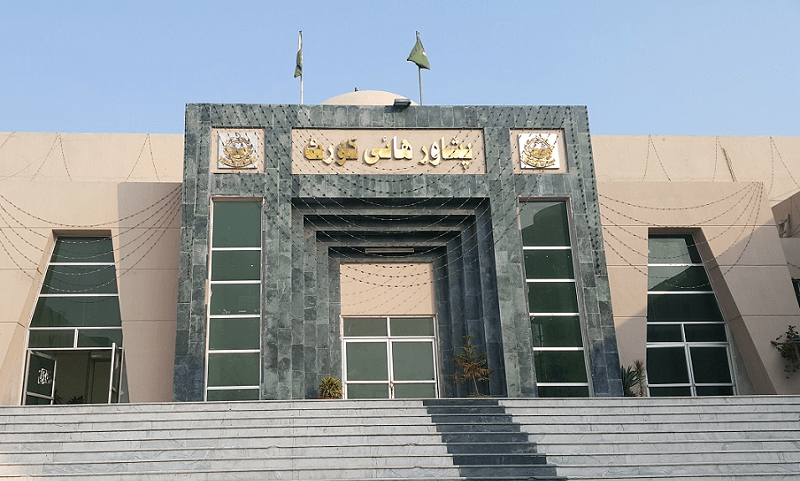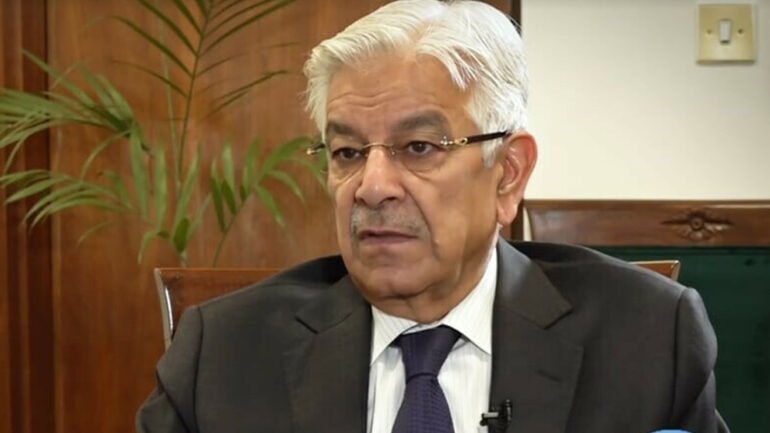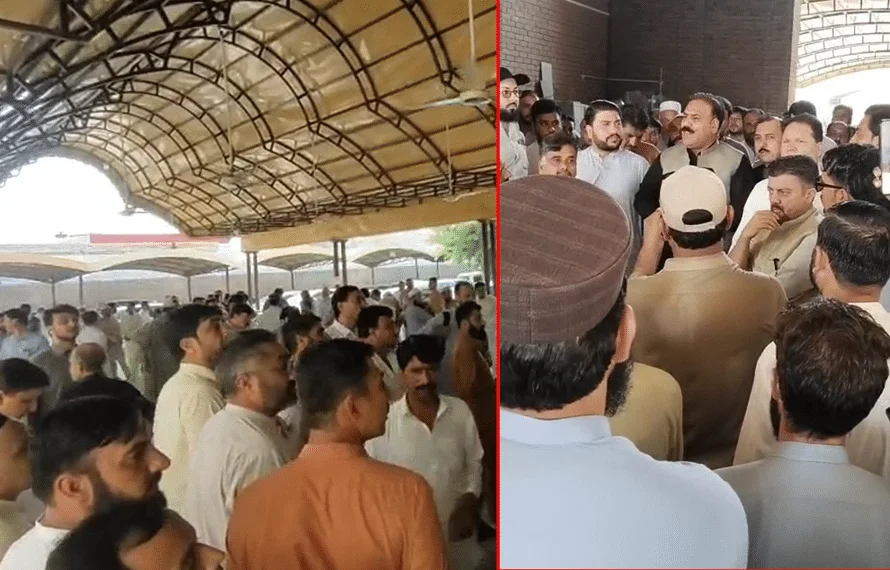Peshawar High Court, while accepting the writ petitions filed against the reduction in administrative, financial, and other powers of the local government representatives of Khyber Pakhtunkhwa, declared the government amendments and measures made in different periods in the Local Government Act 2013 null and void, and it has also issued an order to restore the said act to its original state.
A two-judge bench comprising Justice Syed Arshad Ali and Justice Farah Jamshed heard the writ petitions of various local government representatives of Mardan, while the detailed decision consisting of eighteen pages was written by Justice Farah Jamshed. In the petitions filed through Babar Khan Yousafzai Advocate and others, various provisions of the Khyber Pakhtunkhwa Local Government Act 2013 and 2015 Act, Amendment Act 2019, and Amendment Act 2022 were challenged.
It was submitted in the petitions that the petitioners have been appointed as the chairmen and mayors of various Tehsil Councils and City Councils of District Mardan, who have been entrusted with various powers to run the local government affairs, however, their financial and administrative powers have been reduced by amending the local government act at different times and the government has taken over the local government system.
By amending Section 2(r), the government has also taken over the powers related to municipal services such as land use control, zoning, master planning, and housing, etc., which were previously held by the local councils. He said that the government’s actions have almost eliminated the powers and authority of local government representatives. These amendments are not only against the spirit of the original act but also against Articles 32 and 140A of the Constitution, which have affected the fundamental rights of the petitioners because the political, administrative, and financial powers of local governments have been almost taken away through the amendments.
The aim of this is to ensure the participation of the people in various matters and decision-making at the grassroots level. The importance of which cannot be denied. The court has declared that the Constitution of Pakistan emphasizes that political, administrative, and financial responsibilities and powers will be delegated to elected representatives at the local level.
According to the court decision, the mayor has been given the authority to run the system in urban areas so that he can carry out other matters such as transit, management of the drainage system, waste disposal, control of environmental problems, housing, and public services in addition to development schemes. However, under the various amendments that have been made, it is obvious that this legislation and these measures have resulted in constitutional encroachment.
The court ruled that although the legislative power is the power of the government, under Article 140A of the Constitution, powers will be transferred and not administrative dominance. The court, citing various decisions, has stated that it is the responsibility of the state to strengthen local government through elected representatives, and these powers should not be symbolic.
These government amendments and actions are against the spirit of the Constitution. The court accepted the petitions and declared the amendments to Sections 23A and 25A as unconstitutional and illegal. The court also declared Rules 5 and 6 of the Rules of Business 2022 null and void, restored Sections 23A and 25A, and ordered the government to give powers and responsibilities to local government representatives and restored the Khyber Pakhtunkhwa Local Government Act 2013.















